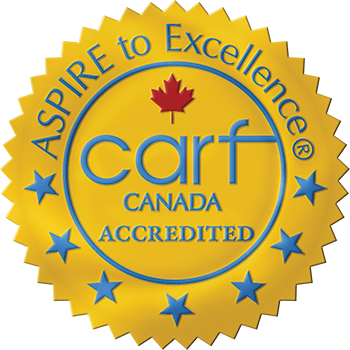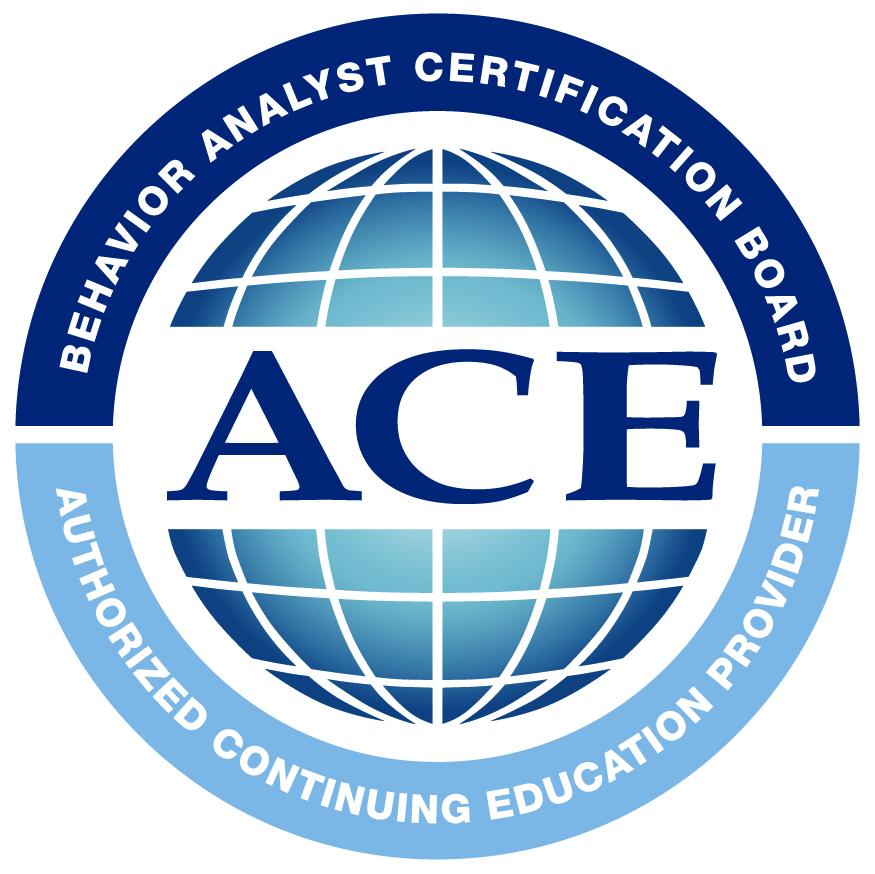Contributed by: Matthew Rachmat
 |
| Is it just me, or does it seem like negativity is on the rise?
From the cost of living to the spread of misinformation and hatred, it can be disheartening to say the least. It’s enough to make anyone worry about the future. But one issue that’s particularly concerning is food insecurity. Far too many people in BC don’t have access to the nutritious food they need to live a healthy life. And when our basic needs aren’t being met, it’s hard to imagine thriving in other areas of our lives. That’s why we need to talk about the rising cost of food in BC and what it means for our health and wellbeing. What are the facts?First, let’s define some key terms. According to the BC Centre for Disease Control (BCCDC) food security means that everyone has equal access to affordable, culturally preferable, nutritious, and safe food. It also means that we have the power to participate in food systems and that those systems are sustainable and just. Whereas, food insecurity is when people don’t have access to the nourishing and affordable food. This could be due to many factors: Economical, social, environmental, and geographical. People that usually face food insecurity are the ones that are impacted by structural inequities such as discrimination and on-going colonial practices. So, how has food cost changed in recent years?A survey was conducted, collecting the prices of 61 food items from 245 food stores across BC. The results were surprising – in 2022 the average monthly cost of a nutritious for a family of four was $1,263 per month! Of course, this cost varied depending on where you live in BC. For example, the cost was $1,193 for people in the Fraser Health region (the lowest cost region) and $1366 for someone in the Island Health region (the highest cost region). Store type also made a difference – convenience stores had the highest costs, while discount stores had the lowest. Unfortunately, many households in BC are struggling to afford these rising food costs. This is especially true for those receiving income assistance disability assistance, or minimum wage. The report breaks down how different household compositions and income scenarios are impacted by these rising food costs. The Food Costing in BC 2022 has made several recommendations to address the issue of food insecurity in the province. These actions include providing additional income support, improving food literacy and skills, promoting local food systems, and closely monitoring food prices and insecurity. This is a critical issue as it is linked to poor health and higher healthcare costs. The report emphasizes that it is important to ensure all British Columbians have access to affordable, culturally-preferred, nutritious, and safe food. It also notes that a lack of adequate incomes is a major factor contributing to food insecurity, and that equity-based solutions are urgently needed in BC. To put the scale of the issue into perspective 15% of British Columbians, or 732,000 people, are impacted by food insecurity. This translates to 1 in 7 households in BC and 1 in 6 children living households that experience food insecurity. These are staggering numbers, and the situation may be even worse now that we’re in 2023, and cost of living has only gone up. According to the BCCDC, households that struggle with food insecurity have health care costs that are up to 76% higher compared to those that are food secure. This highlights the fact that families who struggle to put food on the table often have little to no money left for other basic necessities after paying for housing and food.  Figure a: (5) Source: McIntyre L, Dutton D, Kwok C, et al. Reduction of food insecurity in low-income Canadian seniors (BCCDC) So what does this all mean? Why does this matter?The lack of access to proper nutrition can lead to an increased risk of chronic diseases, depression, and anxiety. Not to mention the strain it can add to our healthcare system and the impact it can have on children’s development, learning, and behavior. How can we help?Although, solving this health issue will require systemic solutions that address the root causes of poverty and inequality, there are ways we can make a difference. While donating to food banks and other charitable programs can offer some relief, it’s important to recognize that they alone cannot solve the issue of food insecurity. There are various ways to contribute, such as giving money, food, or time to organizations that promote food-based initiatives that offer nutritious, affordable, and culturally fitting food to those in need. These organizations include food banks, community kitchens, school meal programs, and community gardens. United Way British Columbia is also a great resource. They’ve even developed an app called ‘Food Link’ that connects you with food rescue and recovery organizations. Another way to help is to minimize food waste and reduce harm to the environment through composting and other strategies. That’s why advocating for income-based solutions that address the roof causes of food insecurity, such as stronger income support, affordable house, and living wages, is crucial. You can make a difference by contacting local representatives, signing petitions, joining campaigns, and/or raising awareness about these issues in your network and community. Let’s work together as a united community to support one another and keep our neighbors healthy. To help manage funds and maximize resources, we’ve compiled a list of low or no-cost services, resources, and programs by city in British Columbia. Check it out below! Burnaby Programs, activities and events: Food Security: Coquitlam Recreational & Activities: Kelowna Community Resources: Langley Food Security: Maple Ridge Community Service Directory: Nanaimo New Westminster Resources and Getting Involved: North Vancouver Resource List: Food Security, donations, and volunteer opportunities: Recreational & Activities: Parksville Qualicum Food Security Volunteering: Port Alberni Recreational & Activities: Richmond Food Security: Resource Lists: Surrey Resource & Services Lists: Food Security: Vancouver Victoria Counselling: Food Security: For more information:
Facts and data were retrieved from BCCDC: |










